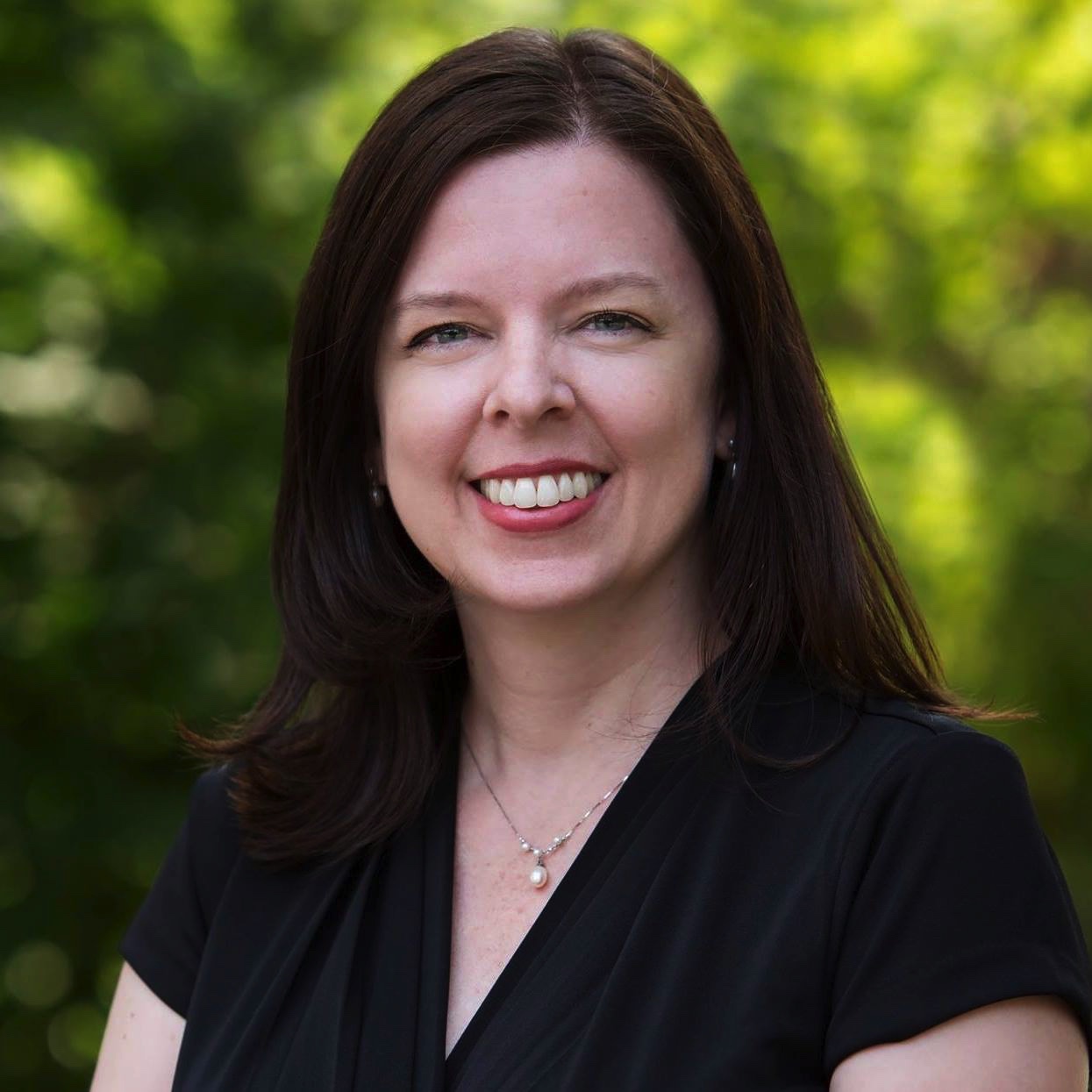Deanne Sowter is a doctoral candidate and Vanier Scholar at Osgoode, and she holds a McCarthy Tetrault Fellowship in Professional Ethics at Queen’s.
Professor Sowter’s research focuses on legal ethics, family law, gender-based violence, feminist legal theory, tort law, and evidence law. With her current funding, she is studying lawyers’ ethics in relation to myths and stereotypes in family violence cases.
Professor Sowter has published in several peer-reviewed journals including the Windsor Yearbook of Access to Justice, the Dalhousie Law Journal, and the Child and Family Law Quarterly (UK). Her work has been cited by the Supreme Court of Canada.
Professor Sowter’s work has been supported by SSHRC and several fellowships including the Honourable Willard Z. Estey Teaching Fellowship, and the OBA Foundation Chief Justice of Ontario Fellowship in Legal Ethics and Professionalism Studies. She has given the F.B. Wickwire Memorial Lecture in Professional Responsibility and Legal Ethics at Schulich, and she has presented her work in the Queen’s Law Visiting Speaker Series, and the Tort Law & Social Equality Project at the University of Toronto.
Professor Sowter has taught legal ethics, dispute resolution, and family law courses as an Instructor at Calgary law and as an Adjunct at Western Law. She will be teaching Advanced Family Law at Queen’s in 2024/25.
Professor Sowter serves on the board of the Canadian Association for Legal Ethics. She has a JD from Osgoode, an LLM from the University of Toronto, and she is a collaboratively trained family lawyer.
Research
Survivors of intimate partner violence (“IPV”) are commonly advised by their lawyers not to raise the abuse as an issue within their family law case because doing so will work against them. This is reflected in Canadian research, as well as studies from similar common law jurisdictions. There are interesting and positive ideas about what family lawyers should do differently, for instance, employing trauma-informed lawyering. However, many ideas require lawyer buy-in; they rely on the lawyer’s morality to ensure they decide to do things differently, for the better. They do not prevent a lawyer from choosing to represent a perpetrator of violence in a way that causes harm to the victim and their children. Indeed, the law and rules governing lawyers’ conduct often allows them to do just that. This is the tension at the heart of my dissertation.
The prevailing understanding of the lawyer’s role fails to properly capture the realities of family law, and my initial question was why? My aim is to understand that disconnect; to explain the inadequacies and what they mean for family law clients; and to move towards the articulation of a modified version of the family lawyer’s role. Intuitively, the current model does not respond effectively to non-adversarial advocacy, IPV, and parenting issues, and so that is my starting place. However, although I am concerned with family law generally, I found that I would be doing a disservice to survivors, I would contribute to the further IPV exceptionalism, if I treated IPV as a sub-category. As a result, my approach to this project has been to understand what a theory of lawyering would need to look like if IPV were normalized, considered common, and not treated as an exception.
In my dissertation, I argue that family law and the law and rules governing lawyers must place IPV at the core, in order for the law and rules governing relationship breakdown to resist contributing to further disadvantage for survivors. Asking, what needs to change for a theory of family lawyering to be responsive to women’s varied experiences; and why are women’s experiences with violence ill-fitting to the theory of lawyering that we have? In essence, by placing IPV at the core of my analysis this project has revealed the feminization of disadvantage, that is, the disadvantages women and survivors face which are created by family law, and in turn, by family lawyers. Focusing on lawyers’ ethics in this context has revealed significant unanswered questions about lawyers’ obligations in relation to presenting and challenging evidence of IPV, which my dissertation has only begun to answer.
By way of example, one of the primary issues for presenting and challenging evidence of IPV in relation to lawyers’ ethics, is lawyers’ perpetuation of myths and stereotypes. Lawyers who perpetuate them impede the justice system from working as it should. In turn, this dissuades victims of IPV from accessing the justice system altogether. I conducted a deep dive into the fabrication myth and offer a modified version of the family lawyers’ ethical obligations in relation to it. Overall, in addition to applying modified positivist legal ethics theories to the family lawyers’ role for the first time, my doctoral research offers an account of lawyers’ ethics as it relates to IPV generally.
